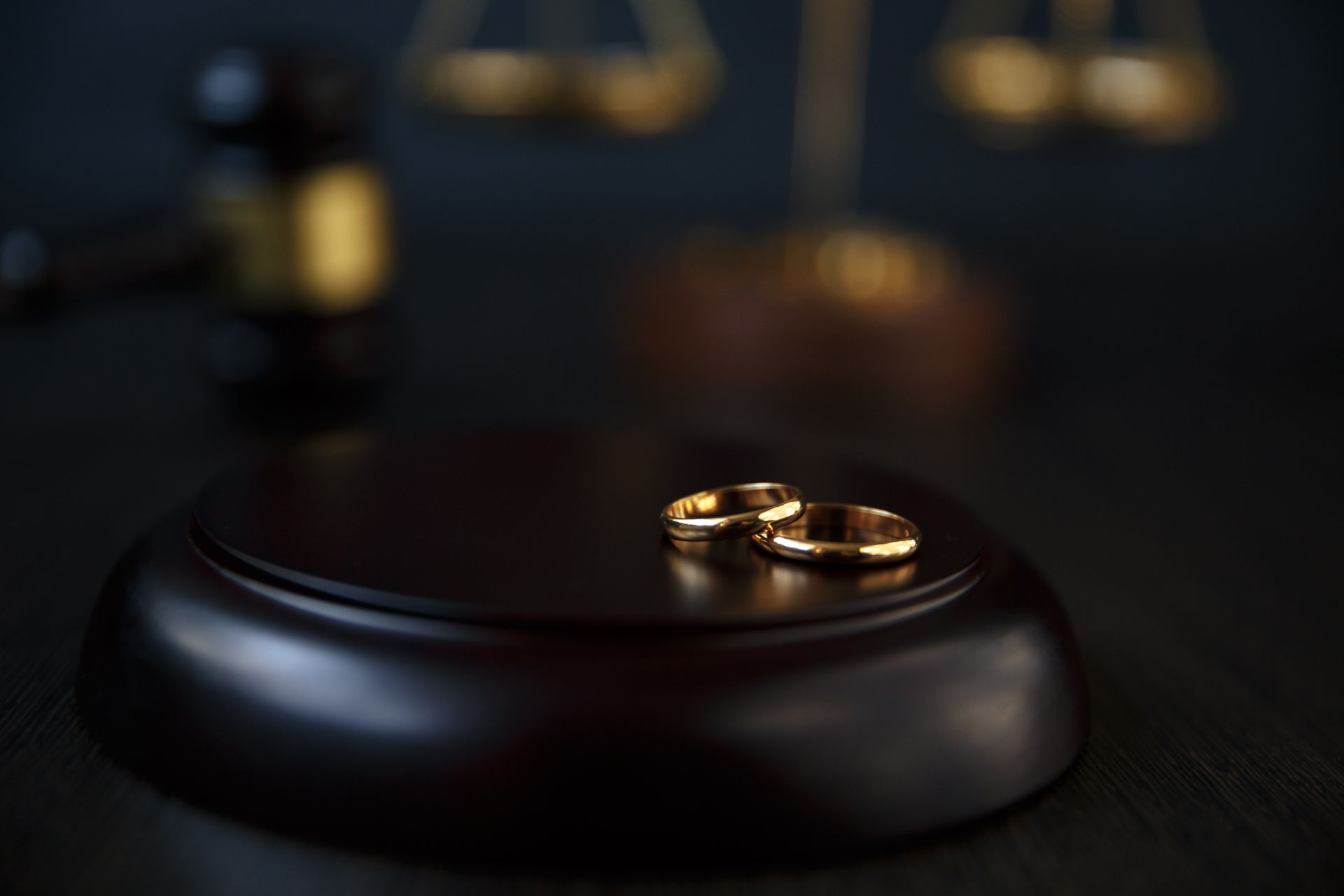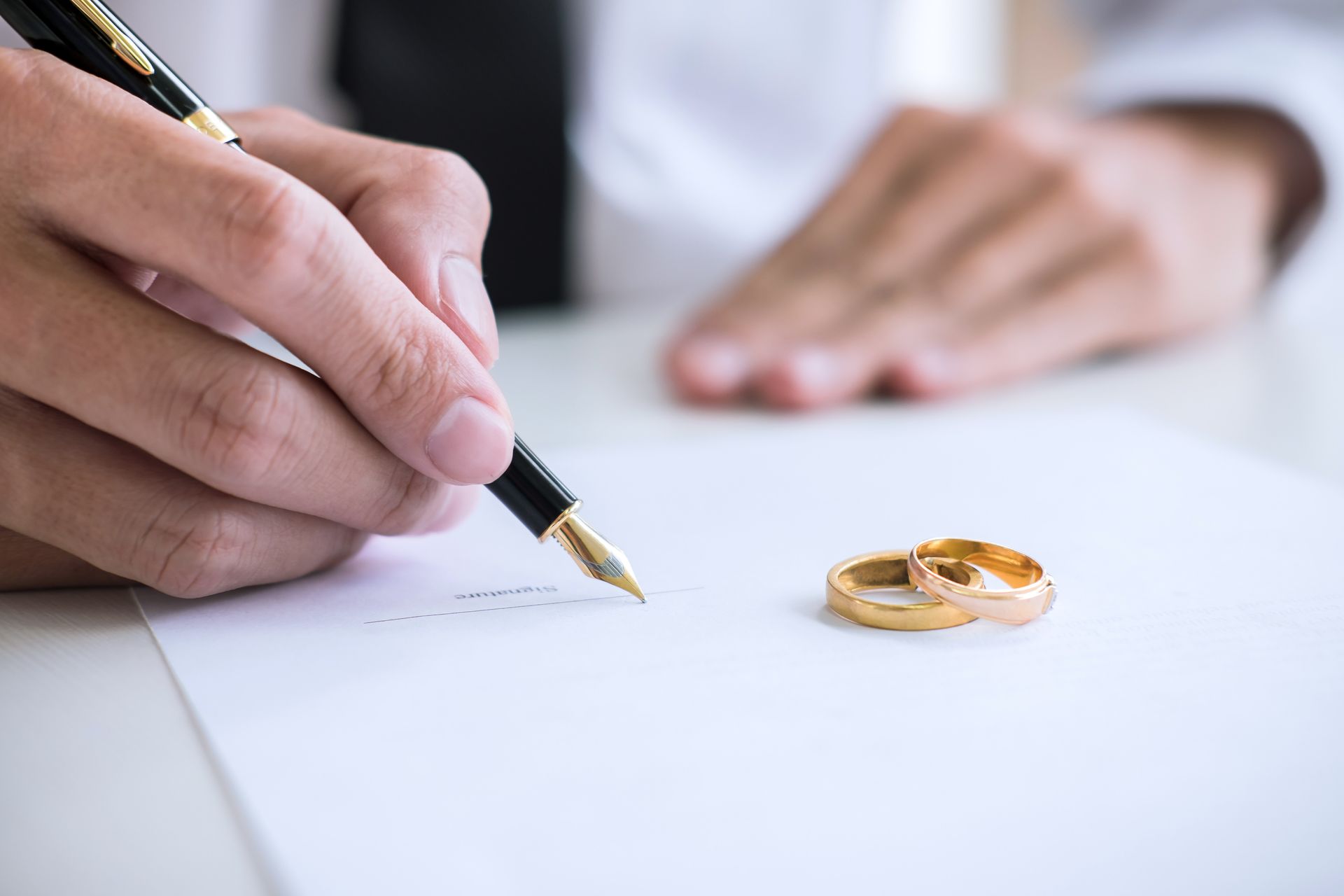Contact Us
Phone: 407-849-7072
Location
630 North Wymore Rd
Suite 330
Maitland, FL 32751
Hours
- Mon - Thu
- -
- Friday
- -
- Sat - Sun
- Closed
Call Now: 407-849-7072
Surprising Factors that Complicate a Florida Divorce
When a couple splits up, they initially believe that they can get out of the marriage relatively painlessly. Their plans are simple—they’ll move out, legally separate, agree on everything, and file for divorce. Because they have very few things to argue over, particularly if there are no children involved, they’re sure that they can handle things amicably without any help, legal or otherwise.
However, these ex-partners quickly realize that ending a marriage is never easy as it seems, even if you are on good terms. Complications can arise from some of the most surprising places, and if you don’t have the right attorney on your side to help you navigate those troubled waters, you can find yourself sinking quickly.
To that end, if you are heading toward divorce, here are some surprising factors that can complicate a Florida divorce that you probably haven’t considered.
There Is No Such Thing as Legal Separation in Florida
Florida is 1 of only 6 states that does not recognize legal separation. Therefore, a couples’ only recourse for dealing with asset separate and other issues before divorce is taking advantage of statutes that permit them to agree or litigate issues like spousal support and child custody. However, it’s important to note that the decisions made in those agreements or proceedings are not binding in the divorce. This means the court can reexamine and modify those agreements once formal divorce papers have been filed.
Dating While Separated
Florida is a no-fault divorce state. Therefore, either party can seek a divorce without proof of any wrongdoing by the other party. This includes infidelity during the marriage or dating while separated.
Though not illegal, dating during a separation can certainly add complications to an on-going proceeding, particularly because Florida law does not define the point where legal separation begins. If you start to date, your ex might feel hurt or angry because you’ve moved on before they did or have concerns about your new partner interacting with your children. Moreover, your ex can begin to express those feeling by making more demands for assets and pushing for limited child visitation time.
Pets
It’s not surprising that a divorcing couple needs to decide what happens with a pet once they separate. What is surprising is the intensity of the disagreements over the “custody” of these animals.
Because Florida law deems pets personal property, they are subject to equitable distribution like all other marital assets such as houses or cars. Therefore, the court will not award visitation time or enforce any pet custody arrangement. If ex-spouses want to continue sharing responsibility for a pet, they have to agree on the terms of their shared “custody” or figure out some other way to equitable split a pet.
Appliances and Tools
Even though appliances and tools such as microwave ovens, lawnmowers, food processors, and Kitchen Aid stand-mixers seem like relatively inexpensive items that a couple should be able to divide or sell easily, that’s not always the case.
Fights over these types of items happen more frequently than most couples think and are often the result of an unexpectedly emotional reaction to the object by one or both parties. If the appliance came into the marriage by way of a gift to one spouse, that party might be able to claim it is property separate from the marital estate. However, if the court deems the item marital property, the court will order an equitable division of those items, no matter their sentimental value.
If you are experiencing unexpected complications in your divorce, Veliz Katz Law can help, contact us. We work hard to support our clients with the legal services they need to untangle any divorce issue, no matter how messy or complicated.
Schedule a Case Evaluation
Contact us now!
Practice Areas
Family Law
Probate Law
Estate Planning Law
Hours
- Mon - Thu
- -
- Friday
- -
- Sat - Sun
- Closed
Disclaimer: The information on this website is for general information purposes only. Nothing on this site should be taken as legal advice for any individual case or situation. This information is not intended to create, and receipt or viewing does not constitute an attorney-client relationship.
© Copyright 2024 | All Rights Reserved | Veliz Katz Law | Powered By Convert It Marketing | Privacy Policy | Terms of Use | Accessibility Statement











-1920w.jpg)
-1920w.jpg)
